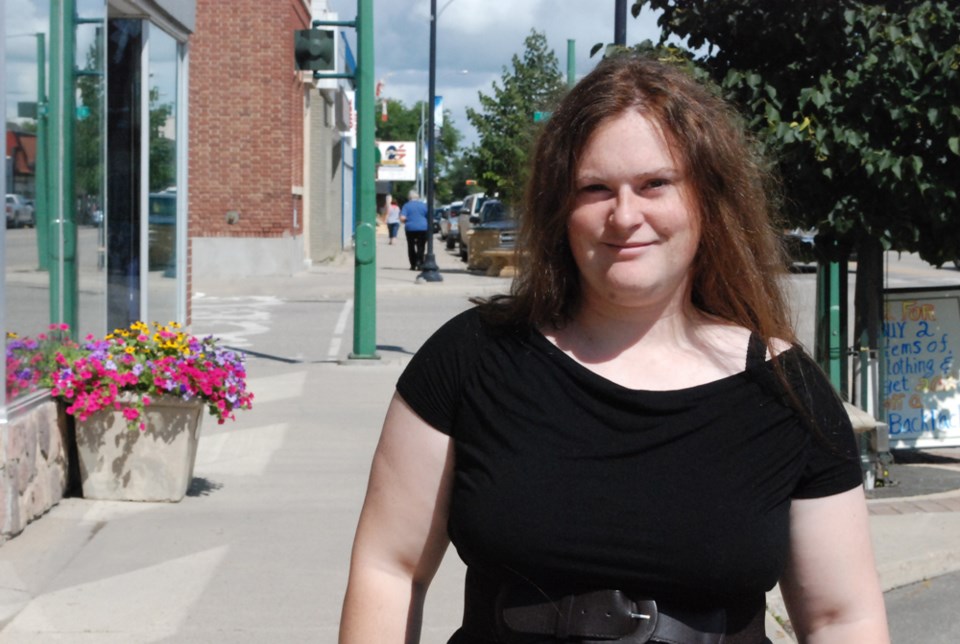I had the opportunity to talk with Tracey Shewciw and Karen MacCarville about bullying in children (http://www.humboldtjournal.ca/news/bullying-goes-deeper-than-just-one-person-1.2053627), but one of the main reasons I chatted with them this week was to talk about bullying in adults.
Both of them have encountered that working at Safe Communities and at PARTNERS, and Shewciw says that she encounters it just as much as child bullying.
As adults, we can justify our way out of believing it exists.
We can pretend it doesn’t happen by saying that it only happens to children and, as adults, we shouldn’t be bothered by it.
We could rationalize our inability to say anything about it by saying it will only cause strain on our relationships with our co-workers.
We can tell ourselves how weak we would look to our boss by reporting that we are bothered by the way someone is treating us.
We can try to tell ourselves all of this but just like children, we have to admit that there is a problem before we can try to fix it.
Even though the programming is focused on advising children on bullying prevention, the same steps work for adult bullying, Shewciw said.
Take MacCaville’s list of bullying prevention tips; understanding that there is a problem, knowing that we don’t deserve to be bullied and then reporting that we are being bullied applies to adult situations, as well.
Eleanor Roosevelt said, and it still rings true today, that no one can make you feel inferior without your consent. If this doesn’t perfectly describe being bullied, I don’t what does.
You can screw up in life, you can make mistakes, you can face retribution for it but everyone can learn to give criticism constructively and give feedback positively. No one should be allowed to bully someone into feeling miserable, no matter how badly they mess up in the workplace.
According to studies, 40 per cent of Canadian workers are bullied on a weekly basis. That is almost half the work force that is at a higher risk of mental illness and suicide.
If you are one of these people, it is okay that you get help. If you are one of the ones doing it, it is okay for you get help too because there is a reason why you bully.



